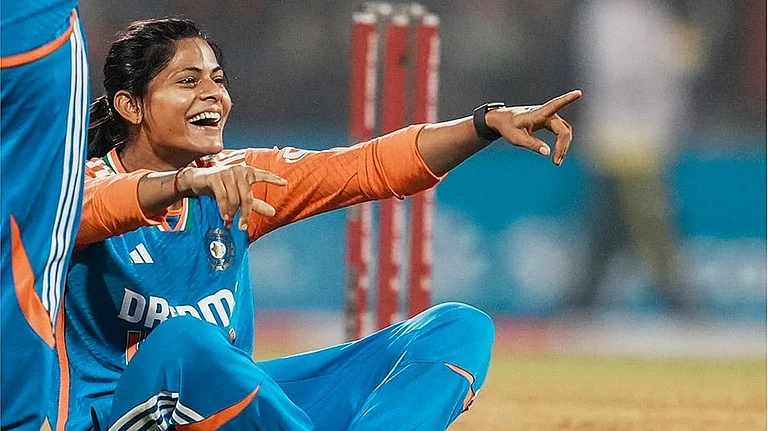The Malayalam feature film 'Churuli,' which is being shown on the OTT platform SonyLiv, is not the certified version of the film, according to the Central Board of Film Certification (CBFC).
Since the film 'Churuli', directed by Lijo Jose Pellissery, was published on SonyLiv on November 19, a portion of the public has been critical of the film's high quantity of foul words.
"It is hereby clarified for the general public's information that the Malayalam feature film 'Churuli,' which is being exhibited via OTT platform SonyLiv, is NOT the certified version of the film," Parvathy V, regional officer, CBFC Thiruvananthapuram, said in a statement.
According to The New Indian Express, CBFC has received complaints from the general public alleging that speculations and allegations about the feature film 'Churuli' are common in the media (particularly social media), and that "misinformation is being disseminated amongst the general public."
This was followed by a statement from the CBFC, according to the report.
The statement read, "The Malayalam film titled 'Churuli' was certified A (Adult) with suitable excisions/modifications by CBFC via diligence in accordance with the Cinematograph Act, 1952, Cinematograph Certification Rules, 1983 and guidelines issued by the government of India."
The film is based on Vinoy Thomas' short storey Kaligeminarile Kuttavalikal, which premiered in Kerala during the International Film Festival of Kerala in February this year. S Hareesh of 'Meesha' fame wrote the screenplay.
According to Charles George, regional head of streaming company Neestream, displaying films via OTT does not require CBFC certification. While the CBFC grade is essential for theatre releases, the films must also meet the DMEC (Digital Media Ethics Code) classification, according to him.


























